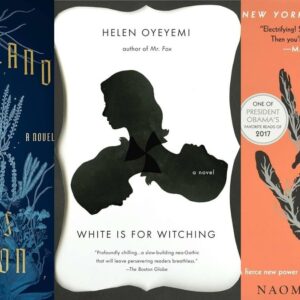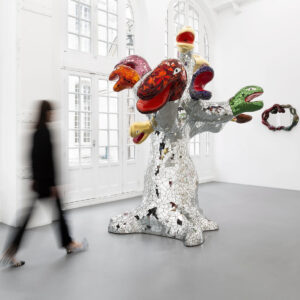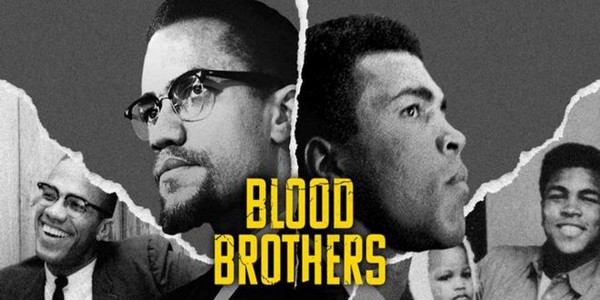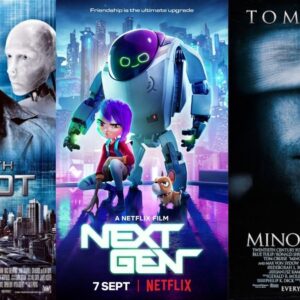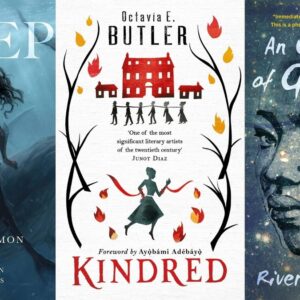When looking back on the most significant events and figures of the mid-20th Century, it doesn’t take long before you come face-to-face with two of the most prominent voices of the era and they are Malcolm X and Muhammad Ali. Despite coming from different parts of the United States and having two completely different professions, there is a great deal of history shared by the two, a history that is covered in great detail in the Netflix documentary Blood Brothers: Malcolm X and Muhammad Ali.
This 90-minute documentary dives into what drew the two icons together. Here are five things we learned about Malcolm X, Muhammad Ali, and their brotherhood.
- There are a lot of thingsMalcolm Xand Muhammad Ali had in common, even when they were young kids growing up in different parts of the country. As discussed inBlood Brothers: Malcolm X and Muhammad Ali, Malcolm X, born Malcolm Little, formed the worldview that he would carry with him for the rest of his life at a very young age. When Malcolm was just a young boy, his father was allegedly killed by a white supremacist group in Lansing, Michigan, who knocked him over the head, dragged his body over the cable car tracks, and waited for a train to run him over, killing him in the process. Later on in the documentary, it is pointed out that Cassius Clay, was deeply impacted by the 1955 murder of Emmett Till, a 14-year-old from Chicago who was brutally beaten to death after allegedly wolf-whistling at a white woman while visiting family in Money, Mississippi.
- After running into one another here and there in the early 1960s, Cassius Clay and Malcolm X started to become closer and closer as they began discussing religion, politics, and other topics of conversation. As the months and years went by, the friendship turned into a teacher-student relationship with the older Malcolm guiding Clay on a spiritual journey that would lead to the boxer converting to Islam. In the lead-up toCassius Clay’s February 1964 fight with heavyweight champion Sonny Liston, Clay’s relationship with Malcolm X became a point of contention for the promoters, specifically in regards to the boxer’s connection to the Nation of Islam, which was viewed as a radical group at the time. At one point, Clay said he was going to go home and once the promoters found out, they approached him and said the fight was still on but to not talk about Islam. The fight would go on and Cassius Clay became the greatest boxer of all time.
- Throughout the early 1960s, the relationship between Malcolm X and the Messenger of the Nation of Islam, Elijah Muhammad, soured, and after a series of incidents, Malcolm was banished from the organization. This exile affected every aspect of Malcolm’s life, including his friendship with Muhammad Ali, who sided with the Nation of Islam instead of the man who had been his brother the past few years. Following Malcolm X’s departure from the Nation of Islam, Muhammad Ali became one of his most vocal opponents, so much so that it seemed like they were never close friends at all.
- On February 21, 1965, while preparing for a speech at the Audubon Ballroom in New York City, Malcolm X was assassinated when three members of the Nation of Islam approached him and shot him a total of 21 times. In the months and even years following the assassination of his one-time brother, Muhammad Ali appeared on multiple news shows saying that anyone who crossed Elijah Muhammad must die. This tragic turn is discussed at length inBlood Brothers: Malcolm X and Muhammad Ali, especially in the final section, where Ali’s brother, Rahman, opened up about his late brother.
- Muhammad Ali would later sever ties with the Nation of Islam and follow the less hardline Sunni Islam, just like Malcolm X did in his final days, which would eventually lead to the boxer contacting and visiting his late friend’s family. InBlood Brothers: Malcolm X and Muhammad Ali, Ilyasah Shabazz, Malcolm’s daughter, explained that after he left the organization, Ali contacted her family to reconnect. She said it seemed like her father’s old friend felt he owed it to her father to make sure his family were safe and that they were okay. The documentary then cuts to Attallah Shabazzspeaking at Muhammad Ali’s funeral, where she talks about how Ali felt a great deal of grief for having not made amends with Malcolm before he was assassinated.
The trailer of Blood Brothers: Malcolm X & Muhammad Ali: Netflix Documentary:


